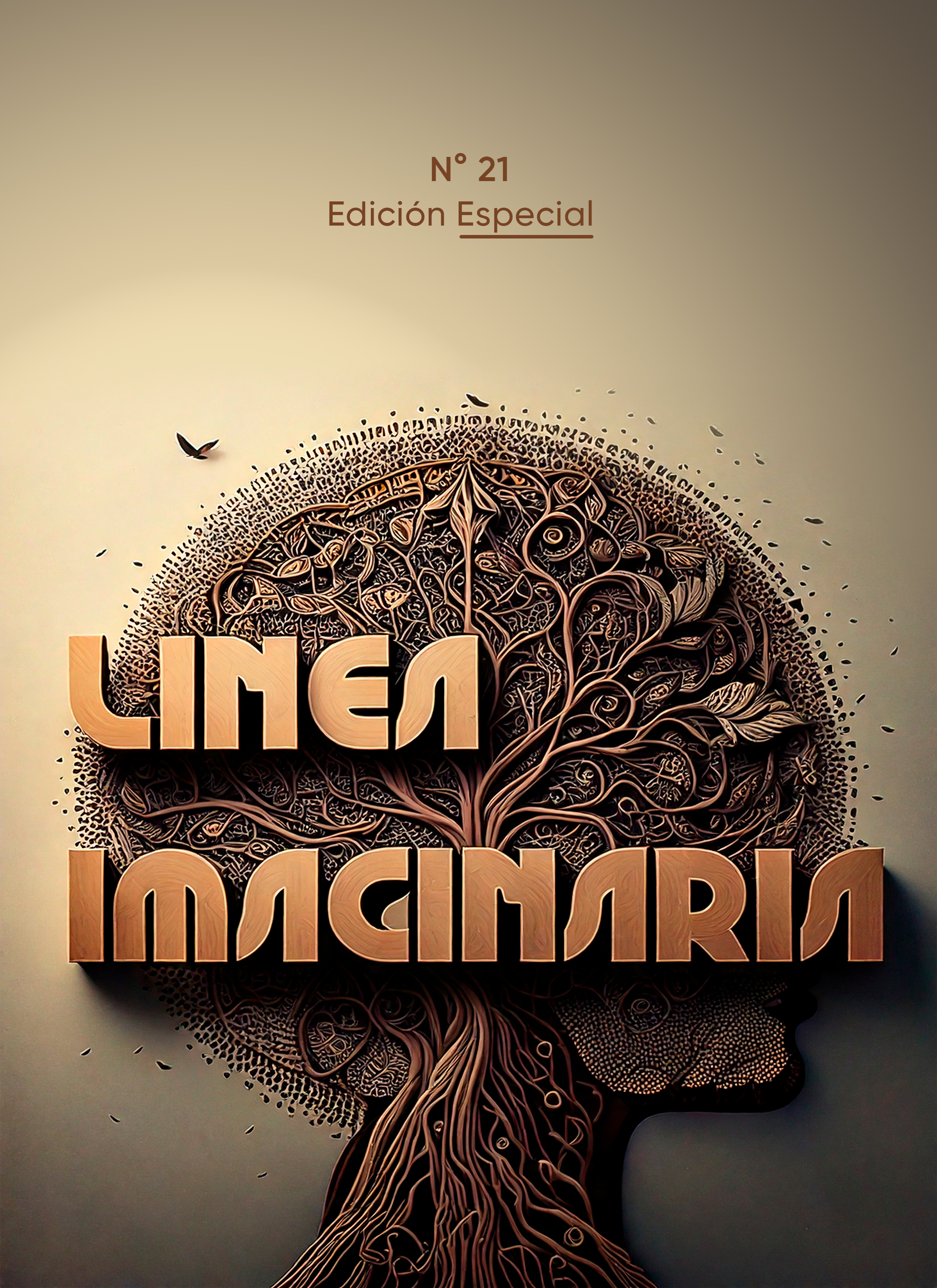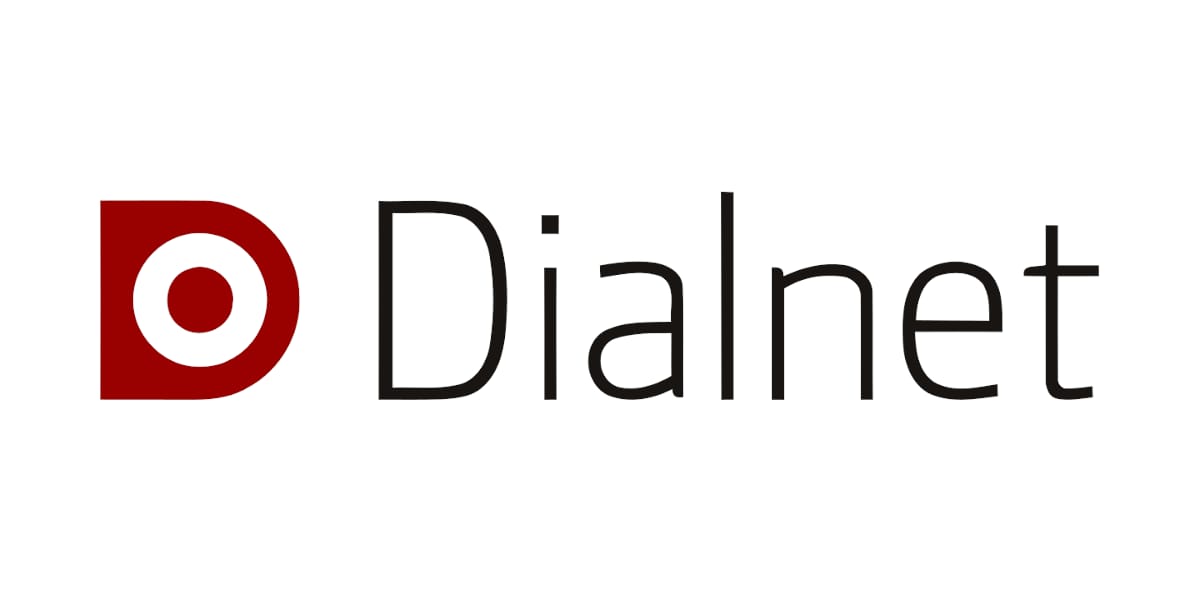LA ESCUELA DESDE LA PERSPECTIVADE LOS ACTORES PEDAGÓGICOS COMO REFERENTE TEÓRICO HACIA UNA EDUCACIÓN EFECTIVA
Keywords:
School, conceptions, actors, effective educationAbstract
The school has to be seen as a complex scenario and context where students are physically welcomed so that they are immersed in a training process, but not only that is the school, it also serves as a space where knowledge, feelings, values and attitudes converge, that is, subjective elements that can be transferred outside the walls of the infrastructure of the institution and ultimately demarcate a new socializing and transcendental tendency of the school. Based on this, the research proposes to "Generate theoretical constructs on the concept of school from the perspective of the pedagogical actors as a theoretical reference towards an effective education", in correspondence with the needs and interests of the author who wants to see such conceptions in eight (8) pedagogical actors (teachers, teachers, students and guardians), In order to develop this, the author selected the ethnomethodological method as a means to elucidate a functional knowledge, in correspondence with the mentioned objective and to try to take the first steps of an educational transformation that began to address from the conceptions that are held about the school. For this purpose, anecdotal records and interviews were applied, opportune to proceed to a diagnosis that allows the construction of such conceptions and, from this vision, to build substantive theory that.
Downloads
References
Berger, P. y Luckmann, T. (2003). La construcción social de la realidad. Argentina. Amorrortu editores.
Castro, M. (2016). La escuela primaria en la formación de valores ciudadanos para la convivencia. Un enfoque cualitativo desde la etnografía [Resumen en Línea] Tesis doctoral no publicada. http://mriuc.bc.uc.edu.ve/bitstream/handle/ 123456789/4120/mdecastro .pdf?sequence=1
Festinger, L. (1975). Teoría de la Disonancia Cognoscitiva. Madrid-España. Instituto de Estudios Políticos.
Gallego, J. (2016). La familia y el desarrollo educativo de los hijos: una mirada sistémica [Resumen en Línea] Tesis doctoral no publicada. https://ebuah.uah.es/ dspace/bitstream/handle/10017/25882/Tesis%20Jos%C3%A9%20Mar%C3%ADa%20Gallego%20Mart%C3%ADn.pdf?sequence=1
Garfinkel, H. (2006). Estudios en Etnometodología. Anthropos Editorial. UNAM.
Gimeno, J. (2002). Educar y convivir en la cultura global. Ediciones Morata. S.L.
Habermas, J. (1988). Teoría de la acción comunicativa, I. España. Taurus Humanidades.
Hessen, J. (1925). Teoría del Conocimiento. Traducción De José Gaos. Colonia, Alemania. Instituto Latinoamericano de Ciencia y Artes, ILCA.
Morín, E (1995). Sobre la Interdisciplinariedad. Revista Complejidad, año 1 - número 0, junio- agosto. Información [Transcripción en línea]. http://www.complejidad.org/revista/revista.htm.
Martínez, M. (2006). Ciencia y Arte de la Investigación Cualitativa. Editorial Trillas.
Martínez-Otero, V. (2011). La mirada a la persona en la educación actual. Revista de Teoría y Didáctica de las Ciencias Sociales, núm. 17, enero-diciembre, 2011, pp. 127-141 Universidad de los Andes Mérida, Venezuela
Sánchez, A., Reyes, F. y Villarroel, V. (2016). Participación y expectativas de los padres sobre la educación de sus hijos en una escuela pública [Resumen en Línea] Tesis doctoral no publicada. https://www.redalyc.org/pdf/1735/173550019019.pdf
Sautu, R. (2005). Todo es Teoría. Objetivos y métodos de investigación. Ediciones Lumiere.
Ugas, G. (2007). Epistemología de la Educación y la Pedagogía. Ediciones del Taller Permanente de Estudios Epistemológicos en Ciencias Sociales Rancho Episteme, Vía Principal de La laguna, Palmira. Táchira. Venezuela.
Bassi Follero 2015, Silverman 2006, Ten Have 2004 debe incorporarlos a la lista de referencias.
Downloads
Published
How to Cite
Issue
Section
License
Copyright (c) 2025 LÍNEA IMAGINARIA

This work is licensed under a Creative Commons Attribution-NonCommercial-ShareAlike 4.0 International License.
La revista Línea Imaginaria conserva los derechos patrimoniales (copyright) de las obras publicadas, que favorece y permite la reutilización de los mismos bajo la licencia Creative Commons Atribución-NoComercial-CompartirIgual 4.0 , por lo cual se pueden copiar, usar, difundir, transmitir y exponer públicamente, siempre que se cite la autoría y fuente original de su publicación (revista, editorial, URL y DOI de la obra), no se usen para fines comerciales u onerosos y se mencione la existencia y especificaciones de esta licencia de uso. Si remezcla, transforma o crea a partir del material, debe distribuir su contribución bajo la misma licencia del original.














